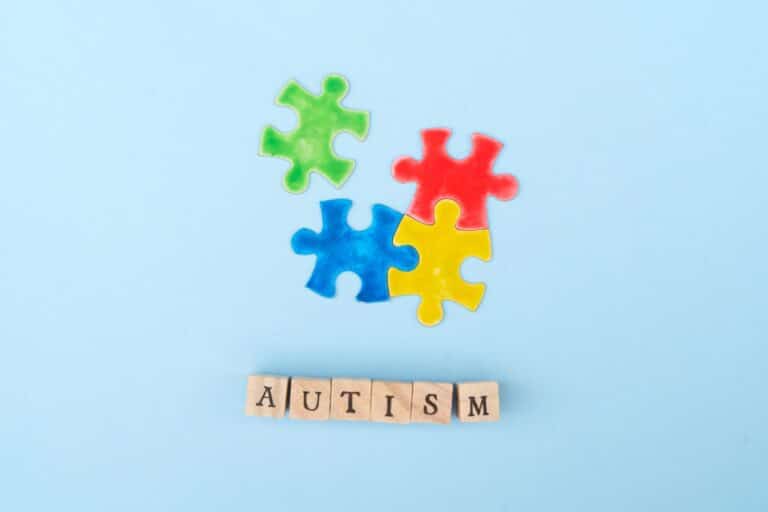Addiction is often perceived primarily as an individual struggle, but its effects ripple through families, fundamentally altering their structure and emotional landscape. Southern California Sunrise Recovery Center delves into why addiction is not merely a personal challenge but a pervasive family disease. We’ll explore how addiction impacts the dynamics within a family, affects each member, and the collective approaches needed for healing and recovery. By understanding addiction through this familial lens, we can better support those affected and promote more effective recovery strategies.
Understanding Addiction
Addiction is a chronic disorder characterized by compulsive drug seeking and use despite harmful consequences. Recognized as a brain disorder, addiction results from significant alterations in brain structure and function due to continued drug use. These changes can be persistent, fostering the destructive behaviors commonly observed in those who struggle with substance abuse. Unfortunately, despite these insights, addiction is often misconstrued as merely a moral failing or a result of insufficient willpower. This misperception ignores the deep neurobiological roots of addiction and undermines the essential support needed for effective treatment and recovery. Educating the public on the true nature of addiction can help reduce stigma and promote more compassionate and effective recovery strategies.
The Concept of Addiction as a Family Disease
The idea that addiction is a family disease stems from its profound impact on family systems. The presence of addiction can significantly disrupt established family roles, rules, and dynamics, dramatically altering the emotional climate within the home. This disruption often results in a chaotic environment where family members may unconsciously adopt roles that either accommodate or enable addictive behaviors, perpetuating a cycle that affects everyone involved. Understanding this can help families recognize the need for a united and informed approach to address the addiction collectively.
Biological Factors
The research underscores the significant role genetics play in an individual’s risk of developing an addiction. Studies suggest that about half of a person’s vulnerability to drug addiction is genetically based. Families that share genetic ties often also share a heightened susceptibility to addiction, which common environmental influences can exacerbate. Acknowledging these genetic and environmental factors is crucial for developing targeted prevention and treatment strategies that address the specific needs of affected families.
Emotional Impact on the Family
The emotional repercussions of addiction within a family are both profound and wide-ranging. Members may experience intense feelings, including guilt, shame, anger, and fear, which can disrupt the harmony and function of family life. This emotional turmoil can have lasting effects on the mental health of each family member, emphasizing the need for emotional support and therapeutic interventions tailored to the entire family unit.
Social Impact on the Family
Addiction can isolate families socially, as the stigma associated with substance abuse drives them away from community and social interactions. This isolation is compounded as the behaviors associated with addiction become more disruptive, leading to increased stress and further withdrawal from social support networks. The resultant decreased support complicates the family’s ability to manage the addiction and its consequences effectively, highlighting the importance of community-based support systems and outreach.
Economic Impact
The economic consequences of addiction are severe, with families often facing significant financial strain due to the costs associated with substance use, reduced productivity, and potential legal ramifications. This financial burden can destabilize family finances and lead to long-term economic hardship. Addressing these economic challenges is critical in providing families the stability needed to focus on recovery and rehabilitation efforts.
Communication Disruptions
In families affected by addiction, communication is frequently an early casualty. Secrets and deceit about substance use can severely erode trust, resulting in a breakdown of family communication and escalating conflicts. Restoring open, honest communication is essential for rebuilding trust and fostering an environment where recovery can flourish. Effective communication strategies can help mend the fractured dynamics and support healing.
Enabling and Codependency
Enabling behavior involves actions that protect the person with a substance use disorder from the consequences of their behavior, inadvertently perpetuating the addiction. These actions can range from making excuses for the addict’s behavior to providing financial support that fuels the substance abuse, further entrenching the cycle of addiction. Codependency refers to a relationship pattern in which a family member places the addict’s needs above their own, often losing their sense of self in the process. This dynamic can severely impact the mental health and well-being of the enabler, leading to a dysfunctional relationship that hinders the recovery process for both parties. Addressing these unhealthy patterns through professional therapy and support groups can be crucial in breaking the cycle of addiction and fostering healthier family dynamics, ultimately enhancing the recovery journey for the entire family.
The Role of Family in Recovery
Family can play a pivotal role in the recovery process. Positive family involvement can improve outcomes in addiction treatment, as family members provide essential support that can significantly influence the recovery journey. Family therapy and participation in support groups strengthen the family unit and foster a supportive environment conducive to recovery. Engaging in these activities helps address underlying issues and improves communication, which is essential for a successful recovery.
Prevention and Education
Educating families about addiction as a disease can help reduce stigma and empower families with the knowledge to seek help early. Prevention efforts that involve the whole family are particularly effective in reducing the risk of substance abuse, as they promote healthy behaviors and close-knit family relations that can deter the onset of addiction. These educational initiatives are crucial in creating a supportive atmosphere that encourages open discussions about the dangers of substance abuse.
Challenges in Handling Addiction as a Family
Families face numerous challenges when dealing with addiction, from recognizing the problem to seeking help and dealing with relapses. Navigating these challenges requires resilience and access to resources. It also demands a high level of commitment from all family members to support the recovery process and adjust to the changes that come with it. Effective management of these challenges is crucial for fostering long-term recovery and preventing relapse.
Resources for Families
There are many resources available to help families affected by addiction. Organizations like Al-Anon, Nar-Anon, and the Substance Abuse and Mental Health Services Administration (SAMHSA) offer support and guidance for families. These resources provide valuable information, community support networks, and access to counseling services that can guide families through the recovery process. Taking advantage of these supports can make a significant difference in managing the impacts of addiction on family dynamics.
Talk To A Professional Today
Understanding addiction as a multifaceted family disease highlights the critical role families play in the recovery process. As families navigate the challenging waters of addiction, it’s essential to harness the power of education, support, and professional guidance. If your family is grappling with addiction, Southern California Sunrise Recovery Center offers a comprehensive approach to recovery that includes family therapy, educational programs, and individualized treatment plans designed to support both the individual and the family unit. Engage with our expert team to take the first step towards healing and recovery. Contact us today to learn more about their services and how they can help your family move from addiction to a brighter, healthier future.






